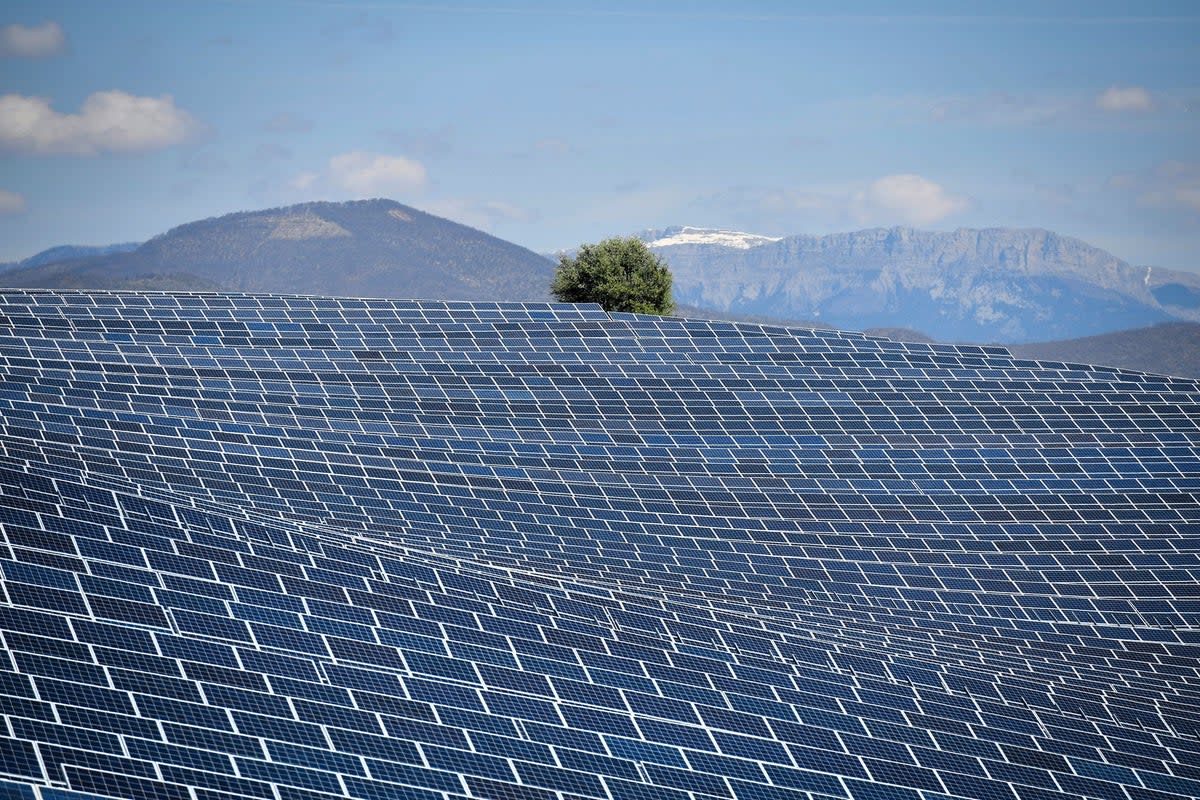Solar panel world record broken in huge boost for renewables

Scientists have broken the world record for solar panel efficiency, less than six months after setting the previous record.
A research team from Chinese firm LONGi Green Energy Technology, which is the world’s largest solar panel supplier, achieved an efficiency level of 27.3 per cent, breaking the previous record of 27.1 per cent set in November.
The latest record was made under laboratory conditions using a crystalline silicon solar cell, however the company also unveiled a new commercially available cell with a conversion efficiency rate of 24.43 per cent. LONGi said the new technology will provide a major boost for the global transition to clean energy sources.
“What’s more, it retains this performance throughout its life, as the module is designed to the highest standards of reliability,” said Dennis She, vice president of LONGi Green Energy Technology.
“Power plant owners can rest assured that a plant built from the HiMO 9 module will help them make the most efficient use of their land and get the most value out of sunlight.”
The latest record is still a way off the record set by next-generation solar cells that use perovskite, which have achieved efficiency rates beyond 33 per cent in the lab. However it bodes well for increasing the electricity generation capabilities of solar on a global scale.
The new record coincides with a report published on Wednesday revealing that renewable energy accounted for more than 30 per cent of the world’s electricity for the first time in 2023.
The surge in clean energy use has largely be driven by the adoption of solar technologies, according to the Global Electricity Review published by climate think tank Ember.
“The renewables future has arrived,” said Dave Jones, global insights director at Ember. “Solar in particular is accelerating faster than anyone thought possible.”
Solar power accounts for more than 10 per cent of annual electricity generation in more than 30 countries, while now making up 5.5 per cent of global electricity generation in 2023 – up from 4.6 per cent in 2022.
“Together with wind, solar will form the backbone of the future electricity system, providing nearly 70 per cent of global electricity by 2050,” Ember’s report stated.
“The continuing cost reductions for solar and wind power, battery storage, EVs and other key technologies show that a clean energy future is also a cheaper energy future.”

 Yahoo News
Yahoo News 
